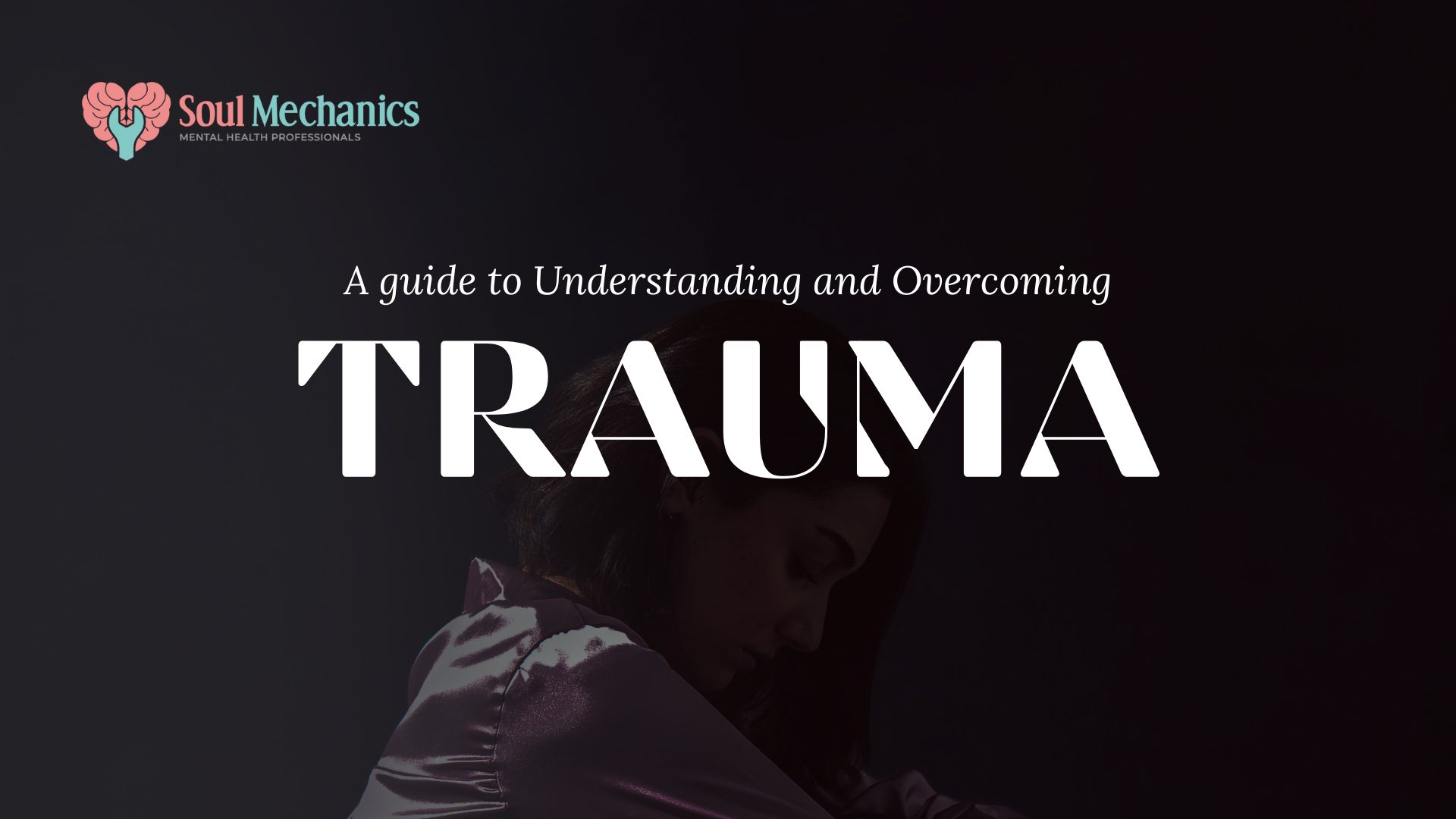Trauma Guide: Healing the Wounds You Can’t See
Trauma Guide: Healing the Wounds You Can’t See

Written by: Jenefa Anthony, Licensed Counselor (KB 11780)
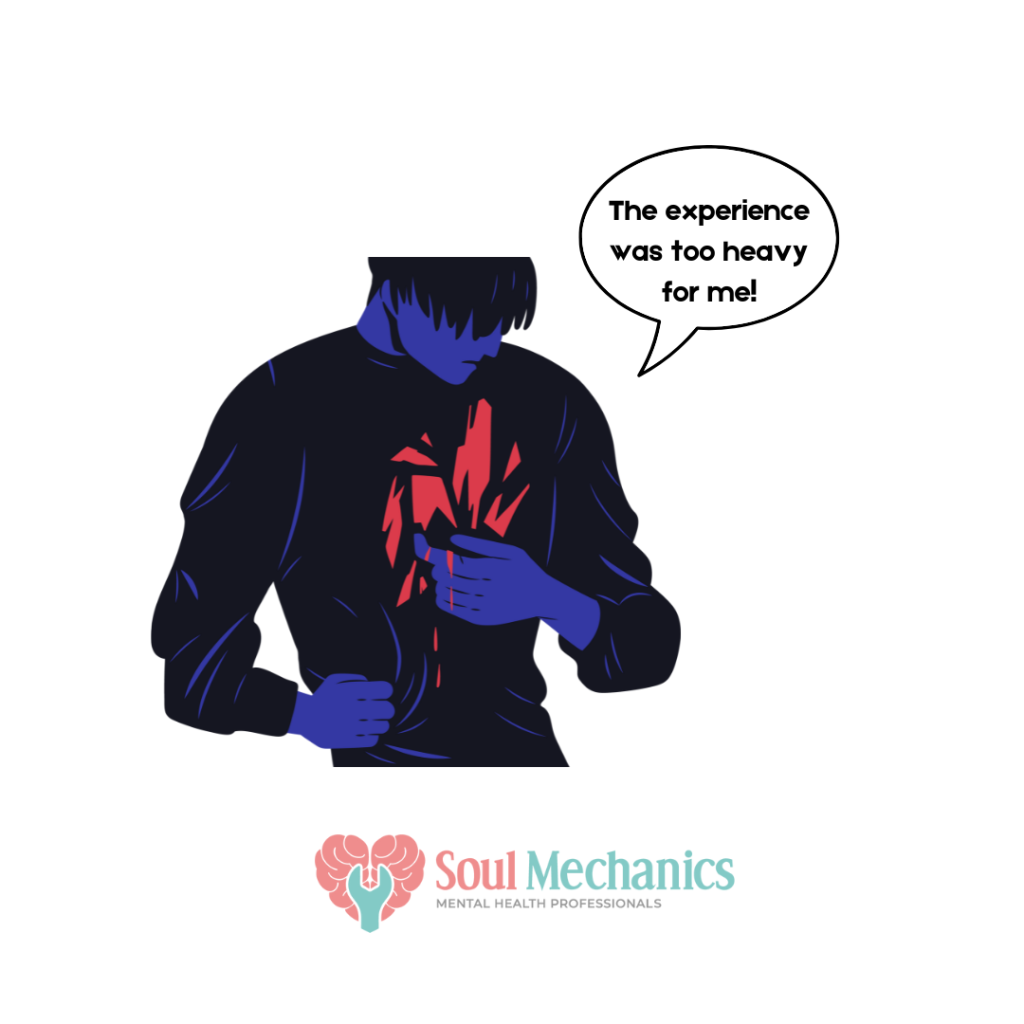
Trauma. The word itself feels heavy, doesn’t it? It often brings up images of accidents, war, or heartbreaking losses. But the truth is, trauma isn’t always something you can see or immediately recognize. Many of us carry hidden wounds, the emotional or psychological scars that shape how we navigate the world. These wounds can be hard to notice, even harder to explain, and sometimes, they take years to heal.
Understanding what trauma is, how it affects us, and what healing looks like is a big step toward taking back control of your life. Whether you’re working through your own experiences or supporting someone you care about, this guide offers a gentle roadmap for finding hope, strength, and peace again.
What Is Trauma?
At its heart, trauma is your body and mind’s response to something deeply distressing or overwhelming. It could be a single, life-changing event like a car accident or a prolonged experience such as living in an abusive environment. Trauma isn’t just about what happens to you but about how you process it and how it continues to affect you afterward.
Some examples of traumatic experiences include:
- Living through chronic stress, like financial hardship or unsafe situations.
- Being in or witnessing a serious accident.
- Experiencing neglect, abuse, or violence.
- Losing someone you love.
- Surviving a natural disaster.
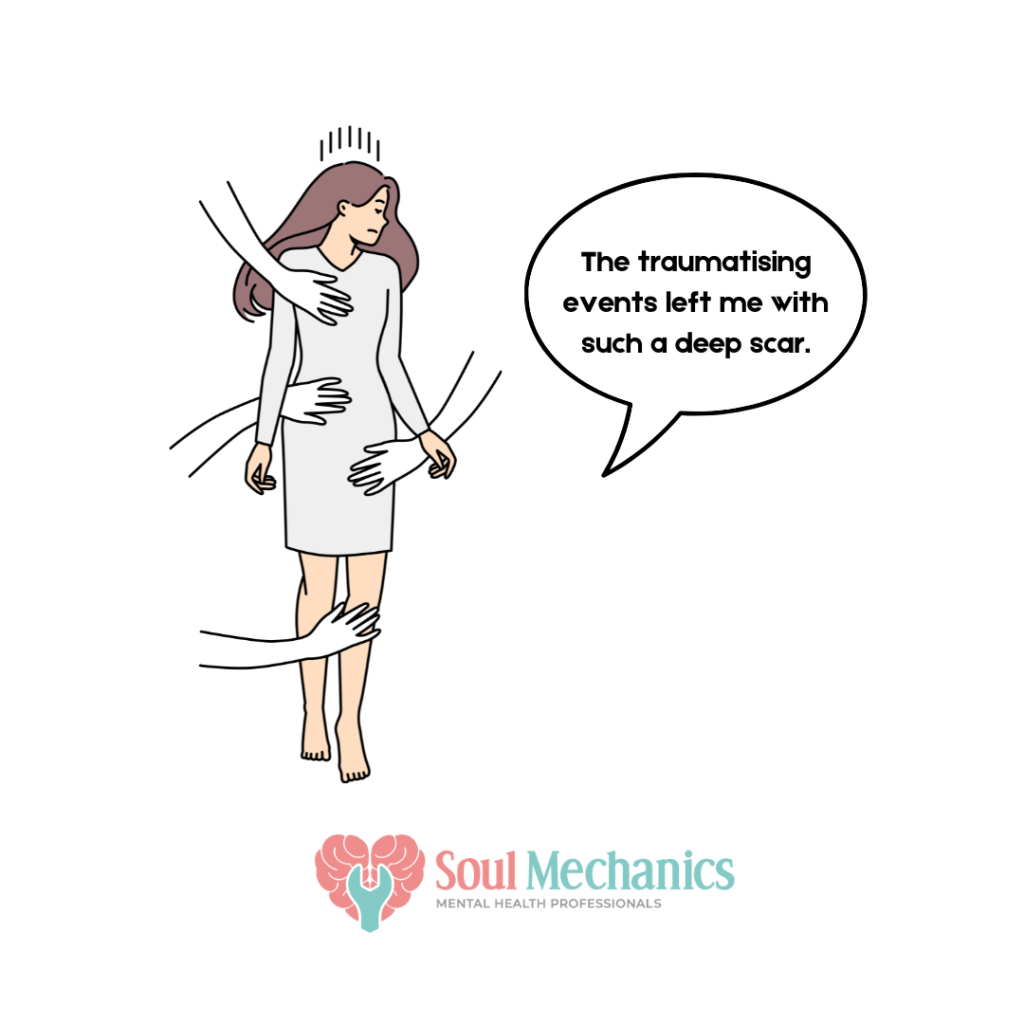
What’s important to remember is that trauma is personal. Two people could go through the same event, and one might carry deep scars while the other might not. That doesn’t make one person stronger or weaker than the other. It just means we all experience and process things differently.
Types of Trauma
Trauma can show up in different forms, depending on what happened and how long it lasted. There are three main types:
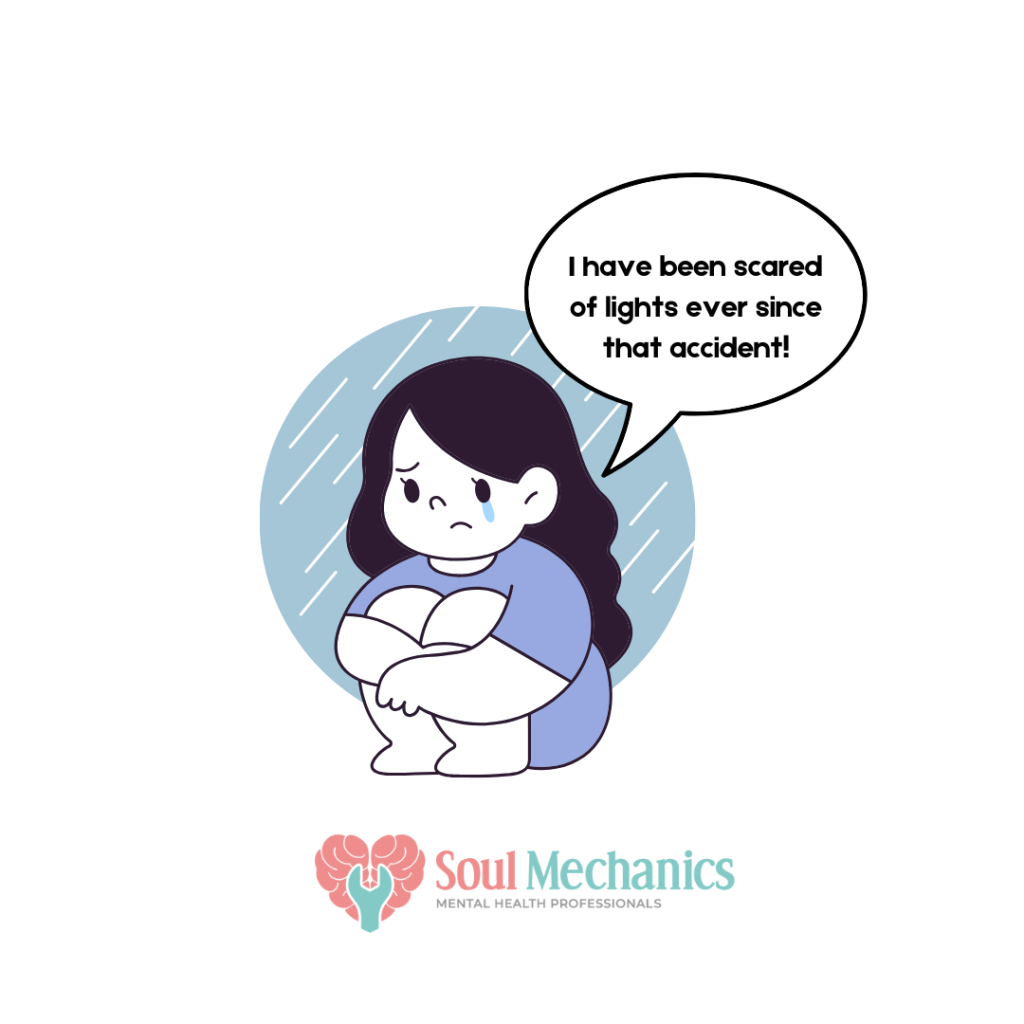
Acute Trauma: This is caused by a single intense event, like an accident, a sudden loss, or an attack. While the event may be over quickly, its effects can linger long after.
Chronic Trauma: This happens when distressing events repeat over time, like living in an unsafe environment or experiencing ongoing abuse. The impact builds slowly and often feels harder to unravel.
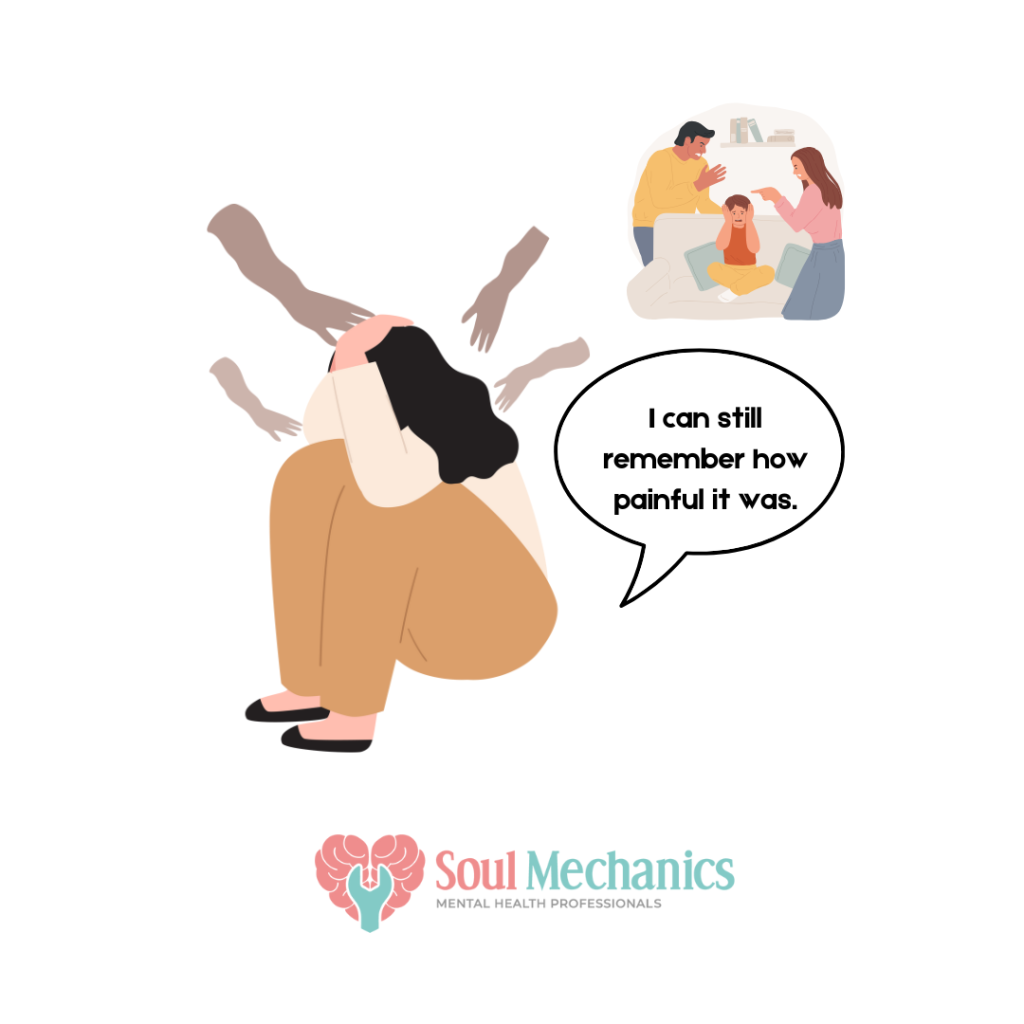
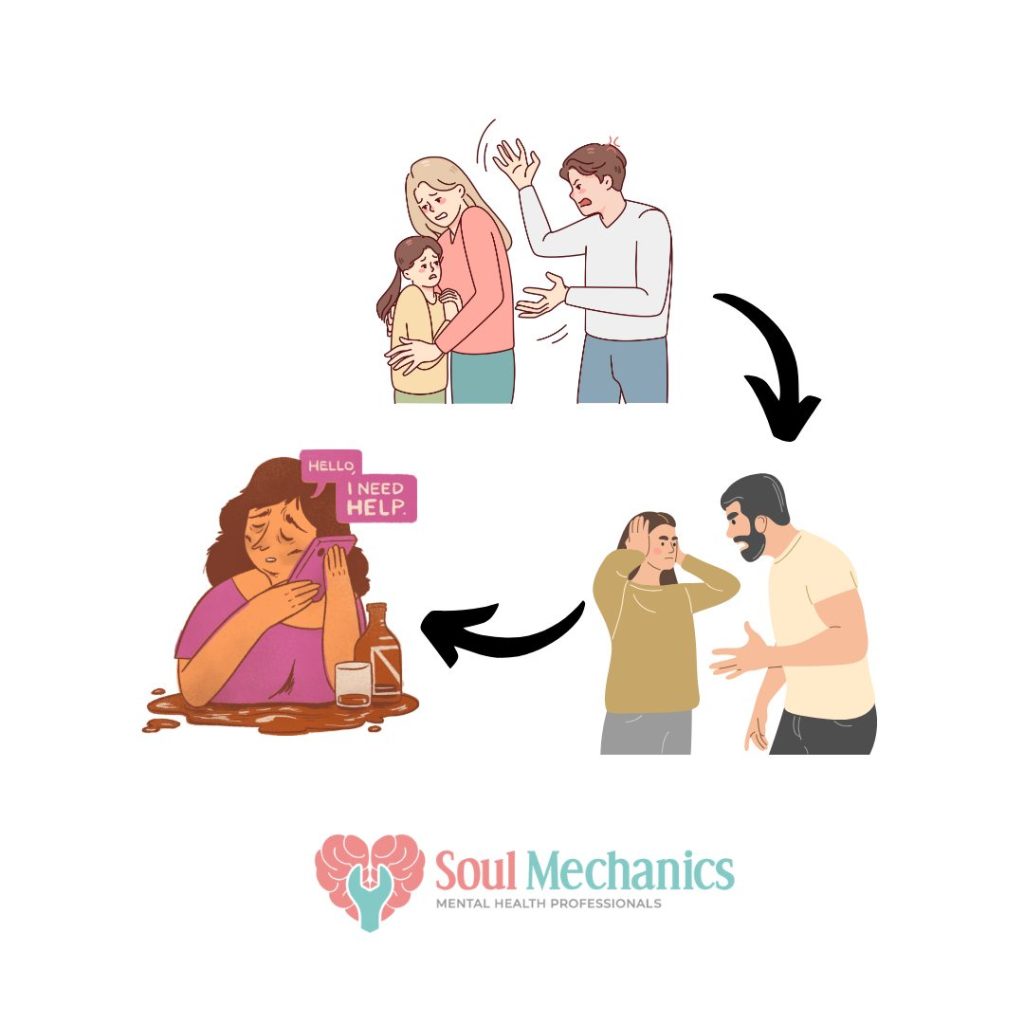
Complex Trauma: This results from long-term or repeated trauma, often in relationships where safety and trust were expected, like in cases of childhood neglect or domestic abuse. This kind of trauma can deeply affect how you see yourself and the world around you.
How Trauma Affects Us
Trauma isn’t just an emotional experience, it’s physical too. When something traumatic happens, your body’s survival mode kicks in. Your heart races, your breathing quickens, and stress hormones like adrenaline and cortisol flood your system. This fight-or-flight response is your body’s way of protecting you in the moment. But if you stay in this state too long, it can cause lasting damage.
The effects of trauma can manifest in many ways:
Emotional: You might feel persistent fear, anxiety, or sadness, or you may shut down emotionally and feel numb or disconnected.
Cognitive: Trauma can lead to intrusive thoughts, difficulty concentrating, or reliving the event in vivid flashbacks.
Physical: It’s common to experience fatigue, headaches, muscle tension, or digestive issues.
Behavioral: You may avoid certain people, places, or situations that remind you of what happened, or you might notice sudden mood swings or bursts of anger.
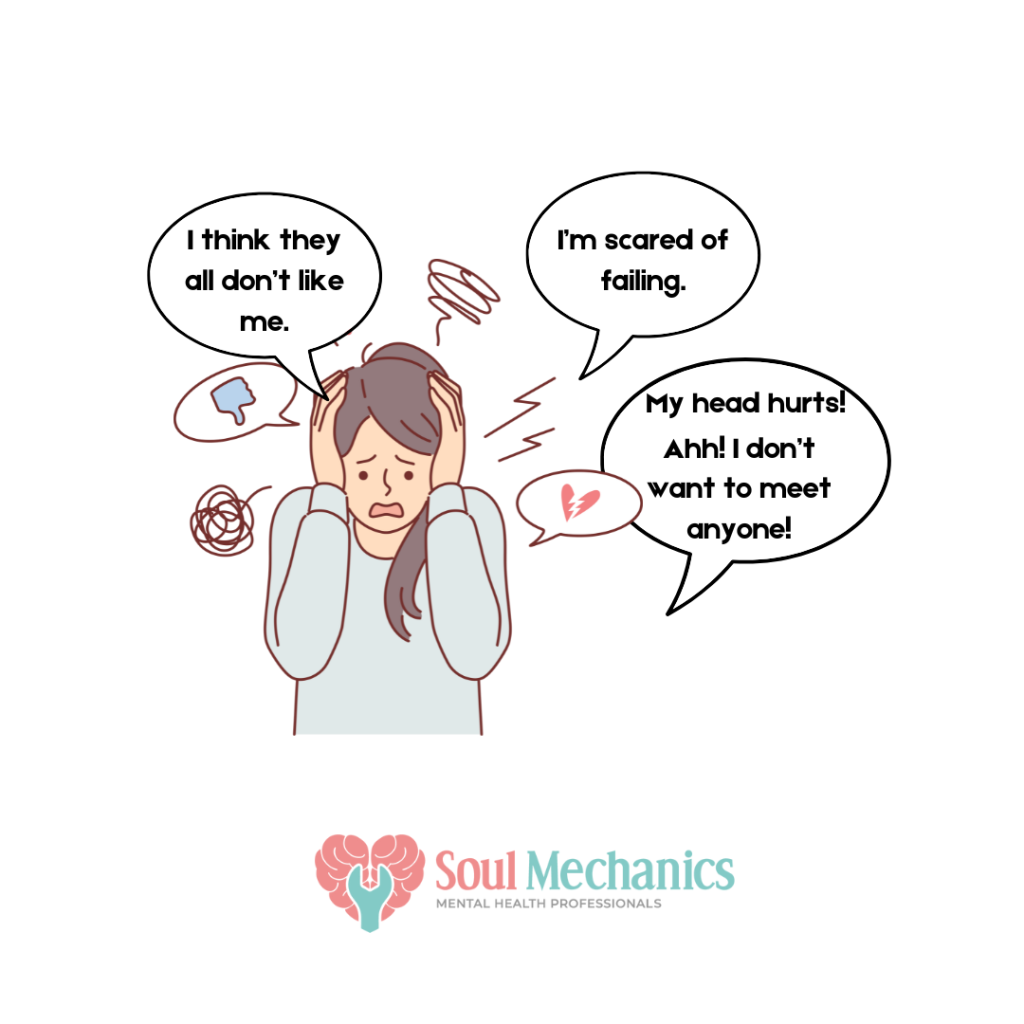
Trauma can also change how you see the world. You might start to feel unsafe even in ordinary situations, find it harder to trust people, or feel like you’ve lost a sense of control over your life.
Recognizing the Signs of Trauma
Trauma doesn’t have a set timeline. For some people, the effects appear right away. For others, they might surface weeks, months, or even years later. Understanding the signs can help you recognize when trauma might be affecting you or someone you care about.
Some common signs include:
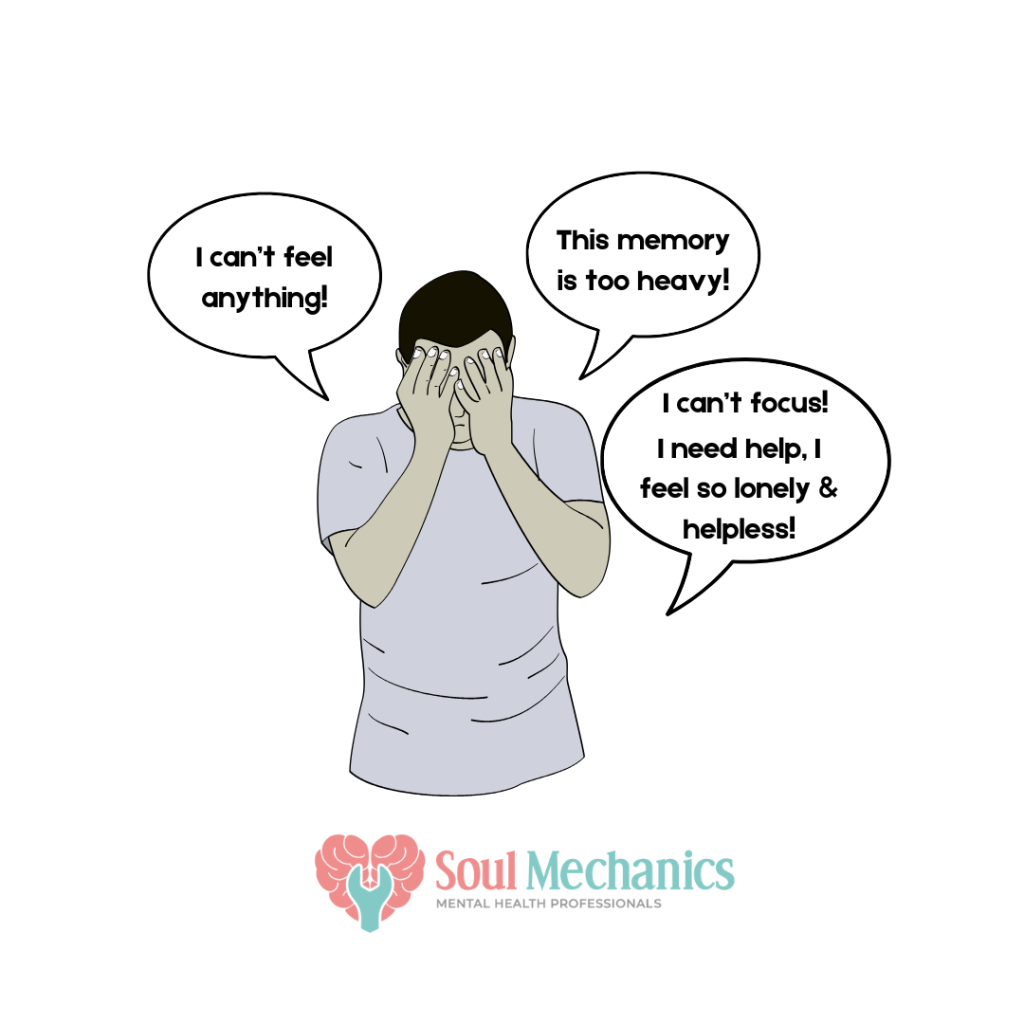
- Flashbacks, nightmares, or intrusive memories of the event.
- Avoiding people, places, or activities that trigger reminders of the trauma.
- Feeling constantly on edge, hyperaware, or easily startled.
- Trouble focusing on tasks or making decisions.
- Emotional numbness, like feeling disconnected from reality or those around you.
- Intense mood swings, from irritability to sadness to anger.
- A sense of helplessness, hopelessness, or loss of purpose.
These feelings aren’t signs of weakness, they’re normal responses to extraordinary stress. Acknowledging them is the first step toward healing.
The Healing Journey
Healing from trauma isn’t about “getting over it” or pretending the past didn’t happen. It’s about learning how to move forward, integrating what you’ve experienced into your life without letting it define or control you. It’s not an easy road. Despite the struggles and failures, the journey is worthwhile.
Acknowledging Your Experience
The healing process begins with recognizing the impact of what you’ve been through. This doesn’t mean dwelling on the pain or distress, but it does mean giving yourself permission to feel whatever emotions arise. Ignoring or minimizing your feelings might seem easier in the short term, but true healing requires facing them head-on.
It’s okay to admit that something hurt you. It’s okay to say, “This changed me.” Acknowledging your feelings is not a sign of weakness, it’s an act of courage.
Seeking Support
Trauma can make you feel incredibly alone, but you don’t have to go through it by yourself. Reaching out to someone you trust, a friend, family member, or even a support group can make a world of difference. Sometimes, just having someone listen can lighten the emotional load you’re carrying.
Professional help can also be a lifeline. Therapists provide a safe space to process your emotions, understand your triggers, and develop strategies for coping. It might take time to find the right person, but their guidance can help you move forward.
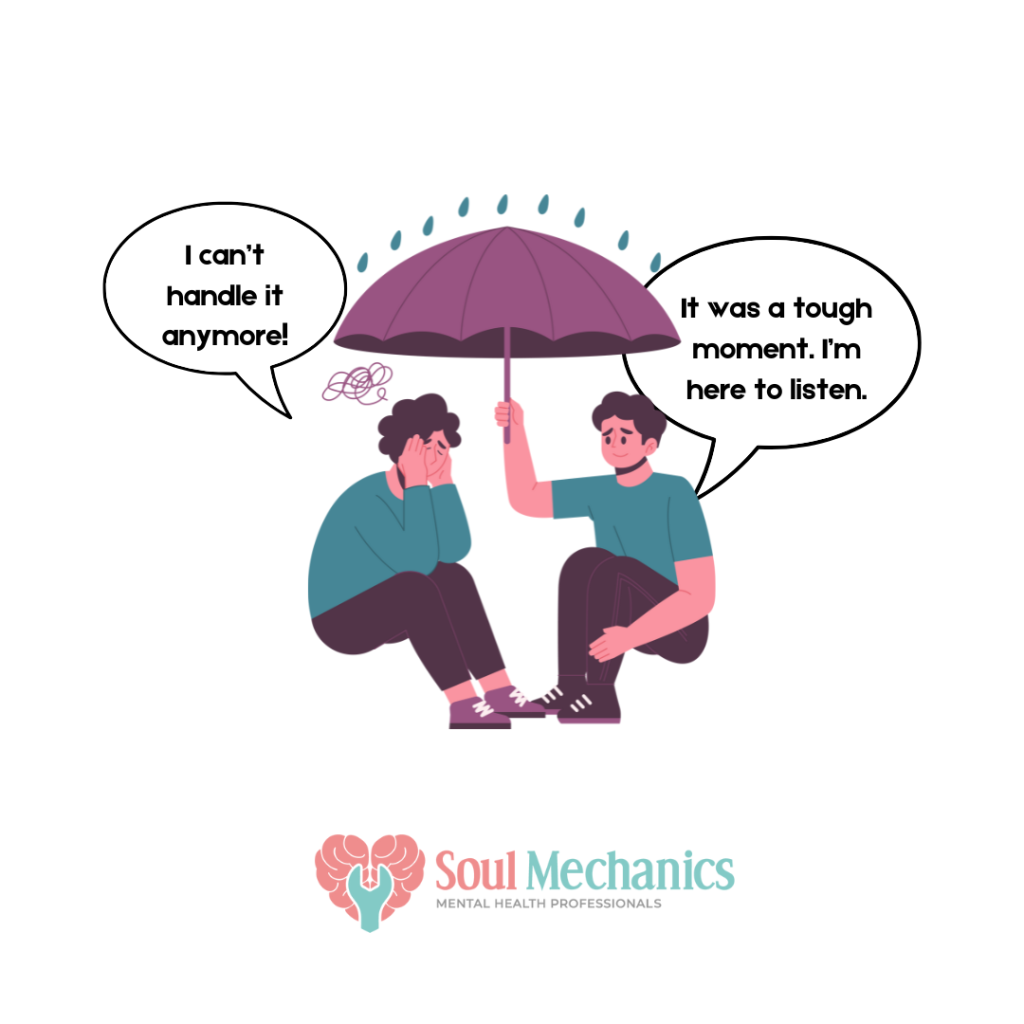
Taking Care of Yourself
Trauma takes a toll on your body and mind, so self-care is a vital part of healing. This isn’t just about pampering yourself, it’s about giving your body and soul the support they need to recover.
Here are some simple ways to start:
- Prioritize sleep: Rest helps your body heal and your mind recharge.
- Eat nourishing foods: Balanced meals can boost your mood and energy levels.
- Stay active: Even gentle movement, like walking or yoga, can help release stress and tension.
- Practice mindfulness: Deep breathing, meditation, or grounding exercises can calm your nervous system and help you focus on the present moment.
Healing doesn’t require big leaps. Even small acts of care, done consistently, can have a profound impact over time.
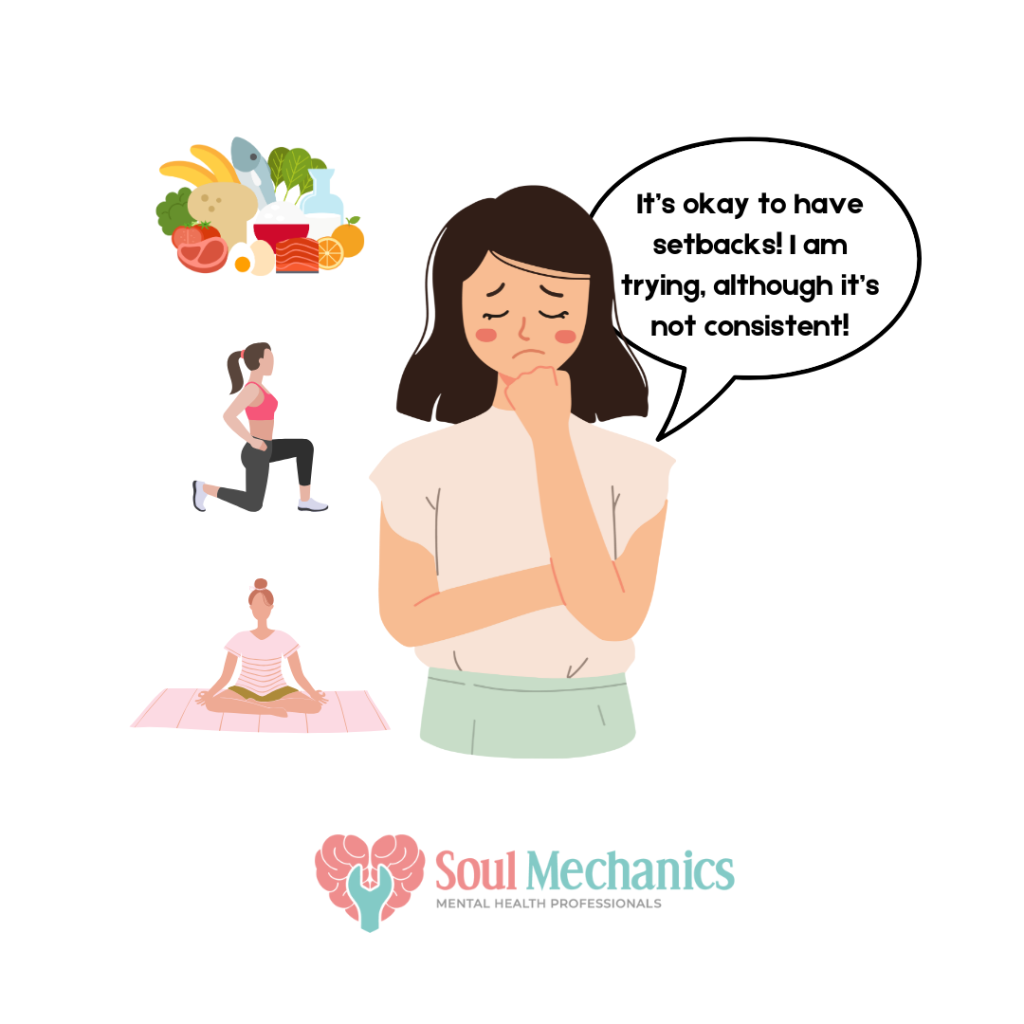
Being Patient with Yourself
Healing takes time. Some days, it might feel like you’re making progress; other days, it might feel like you’re back at square one. Both are normal parts of the process. Be gentle with yourself. Allow yourself to feel what you feel without judgment, and celebrate even the smallest steps forward.
A Message of Hope
Trauma can make you feel hopeless and as though the impacts of your experience will never go away. However, healing is possible. It's not about denying the past or acting as though it never happened. It’s about finding a way to live with your experiences without letting them control you.
You are not broken and not defined by what happened to you. You are defined by the courage it takes to face each day, the strength you show in your healing journey, and the hope that keeps you moving forward.
Every small step, like seeking support, taking care of yourself, or simply acknowledging your feelings, brings you closer to reclaiming your life. It’s not easy, but with time, patience, and support, you can rebuild your sense of safety, trust, and joy. The storm doesn’t define you. The way you rise from it does.
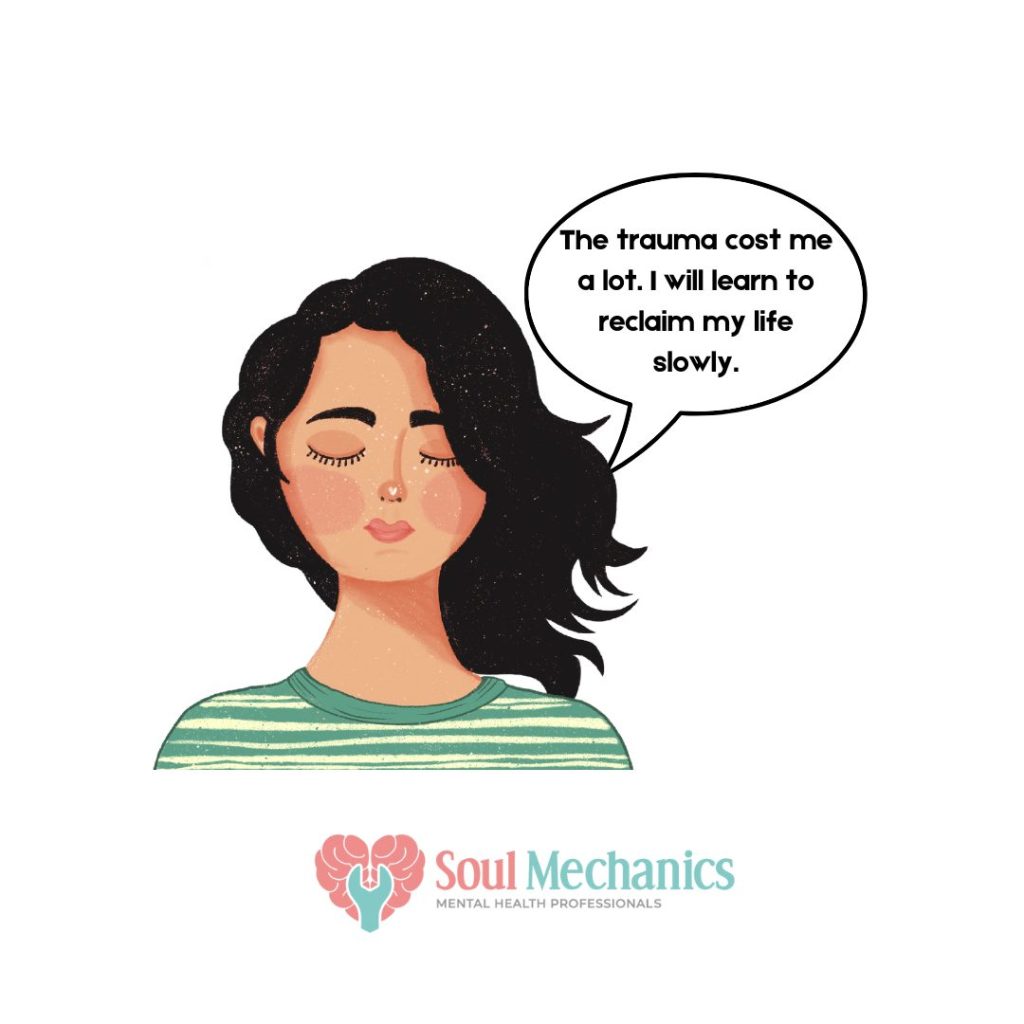
You’ve survived this far. Now it’s time to heal.
If you’re looking for a therapist in Kota Damansara or Ipoh area, you can click here for more information.
If you enjoyed reading this, why not broaden the horizon of knowledge by learning about "Journey to the Inner Self: Discovering Who You Truly Are"? You can read the blog here.
For more content related to mental health do follow us on our official Instagram.

